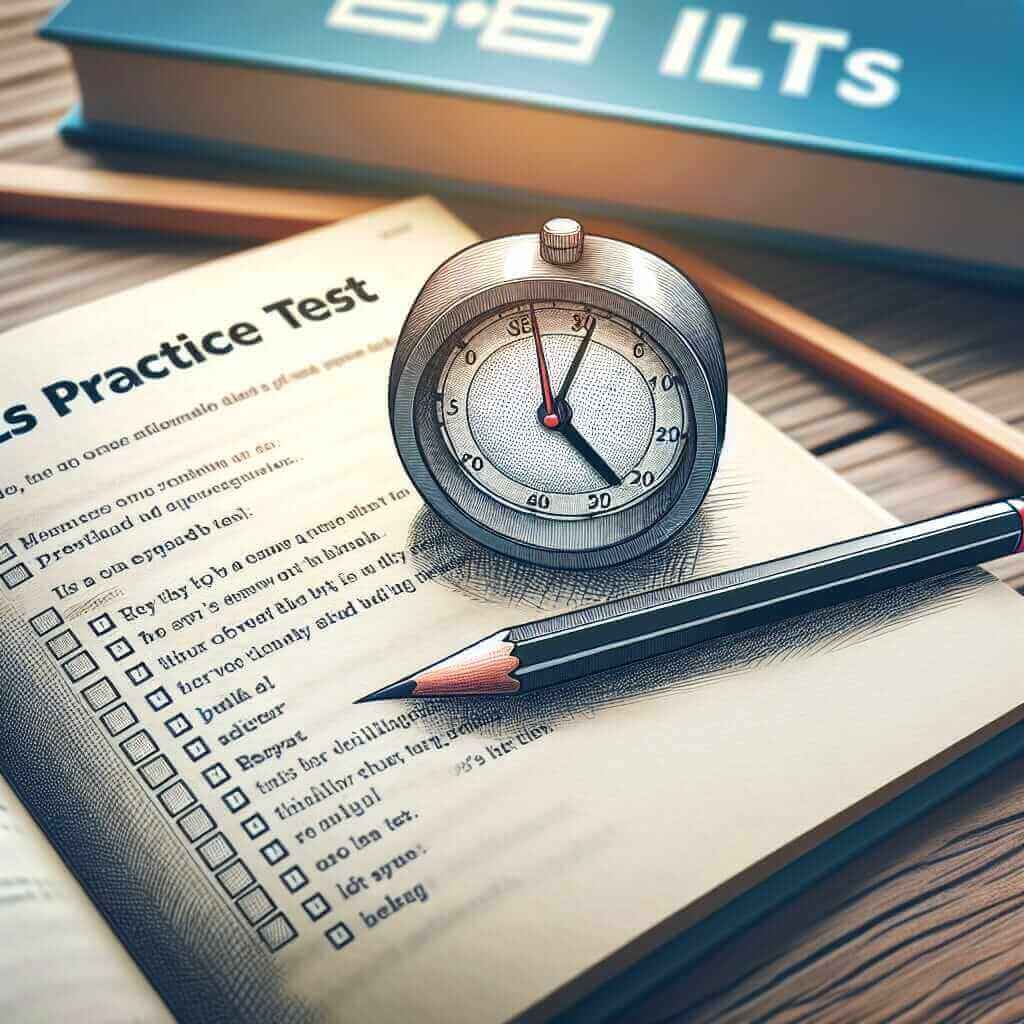Preparing for the IELTS Reading exam can seem daunting, but with the right strategies and a clear understanding of the test format, you can significantly enhance your performance. This article provides comprehensive tips to help you ace the IELTS Reading section.
Nội dung bài viết
- Understanding the IELTS Reading Test
- Key Strategies for the IELTS Reading Test
- 1. Skimming and Scanning
- 2. Time Management
- 3. Understanding Question Types
- 4. Practice with Real IELTS Tests
- 5. Building Vocabulary
- Common Mistakes to Avoid
- Misunderstanding the Question
- Spending Too Much Time on One Question
- Not Following Instructions
- Practicing Effectively
- Set Aside Regular Practice Time
- Review and Analyze Mistakes
- Use a Variety of Sources
- Conclusion
Understanding the IELTS Reading Test
The IELTS Reading test is divided into three sections and lasts for 60 minutes. It contains 40 questions designed to assess a range of reading skills. These include reading for gist, reading for detail, understanding logical arguments, and recognizing writers’ opinions, attitudes, and purpose.
Key Strategies for the IELTS Reading Test
1. Skimming and Scanning
Skimming and scanning are essential techniques for the IELTS Reading test. Skimming involves quickly running your eyes over the text to get the general idea or gist, while scanning involves looking for specific information, such as dates, names, and numbers.
Example:
In a passage about the impact of social media on youth, you can skim to understand the general perspective and then scan for specific statistics or study results mentioned.
2. Time Management
Time management is crucial. You have 60 minutes for 40 questions, which means you should allocate about 20 minutes for each section. Spend the initial few minutes skimming the passages to get an overall idea, then focus on answering questions efficiently.
Example:
If the third section is typically the most challenging, ensure you have at least 20 minutes reserved for it by pacing yourself in the earlier sections.
3. Understanding Question Types
Familiarize yourself with the various question types: multiple-choice, true/false/not given, matching headings, and summary completion. Each question type requires a slightly different approach, so practicing these will save you time on the actual test.
Example:
For ‘true/false/not given’ questions, be sure to distinguish between information that is explicitly mentioned (true/false) and information that is not stated at all in the passage (not given).
4. Practice with Real IELTS Tests
Practicing with real IELTS tests can help you get accustomed to the types of texts and questions you will encounter. The Cambridge IELTS series is a reputable source for past paper practice.
Example:
Attempt a complete reading section from a past IELTS test under timed conditions. Reviewing your answers afterward can help you understand where you went wrong and how to improve.
5. Building Vocabulary
A robust vocabulary is invaluable in the IELTS Reading test. Make a habit of noting down new words and their meanings as you practice. Focus on academic and high-frequency words that are commonly used in IELTS reading passages.
Example:
Come across the word “ubiquitous”? Note it down along with the context it was used in and study its meaning (“present, appearing, or found everywhere”).

Common Mistakes to Avoid
Misunderstanding the Question
Carefully reading and understanding the question is essential. Misinterpreting what is being asked can lead to incorrect answers even if you have the right information.
Spending Too Much Time on One Question
Don’t get stuck on challenging questions. Move on and return to them if time permits. It’s better to answer all the easier questions first.
Not Following Instructions
Pay attention to specific instructions regarding word limits. If a question asks for ‘no more than three words,’ adhering to this limit is crucial.
Practicing Effectively
Set Aside Regular Practice Time
Consistency is key. Dedicate time each day to practice reading skills and answer different types of questions.
Review and Analyze Mistakes
After each practice test, review your errors thoroughly. Understand why you made a mistake and learn how to avoid it in the future.
Use a Variety of Sources
Expand your reading material to include newspapers, journals, and online articles. This diversity helps you get used to different writing styles and subjects.
Conclusion
Success in the IELTS Reading test is achievable with strategic preparation and practice. Focus on building strong reading skills, managing your time effectively, and familiarizing yourself with the test format and question types. Remember, practice makes perfect, so keep practicing consistently and analyze your mistakes to improve. Good luck, and feel free to share your thoughts or ask questions in the comments below! Explore more resources on IELTS.NET to further enhance your IELTS preparation.